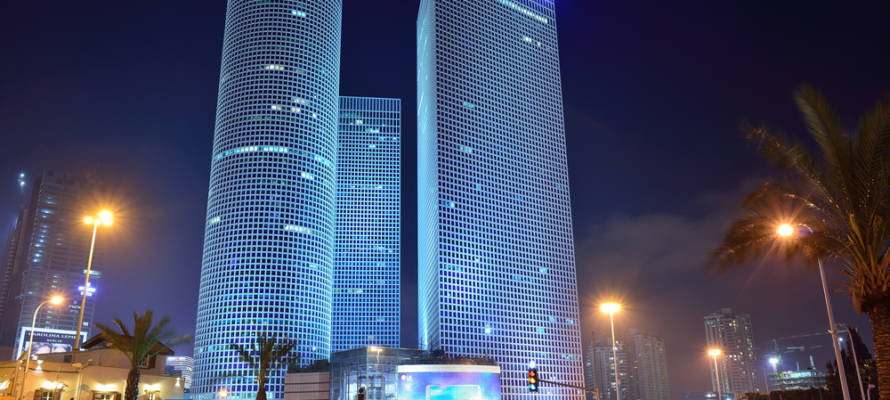The total number of high-tech employees has plateaued at approximately 400,000, maintaining a steady share of about 11% of the overall workforce.
By Pesach Benson, TPS
Despite a year of war, Israel’s high-tech industry has been surprisingly stable, according to a report released by the Israel Innovation Authority on Monday.
Total investments in technology companies have remained robust, with nearly $9 billion raised from the onset of the war until mid-August 2024.
This figure positions Israel as the third-largest recipient of global tech investments during this period, trailing only Silicon Valley and New York City, while surpassing other major cities such as London and Paris.
The high-tech industry makes up over 50% of Israel’s exports, accounts for one-fifth of the Gross Domestic Product (GDP), and generates one-quarter of all state revenues from employment taxes.
However, the report found that following a decade of exponential growth, key performance indicators in high-tech have stagnated for over two years. The total number of high-tech employees has plateaued at approximately 400,000, maintaining a steady share of about 11% of the overall workforce.
“Since the high-tech workers contribute a significant portion of the income tax, this stagnation may affect the state’s revenues in the coming years at a time when it is facing a deepening deficit and is required for growth-encouraging measures,” the report said.
In stark contrast, global employment trends present a different picture, the report added. In 2023, high-tech employment in Europe grew by about 5%, while the U.S. saw an increase of approximately 2.8%. Israel, however, managed a modest growth rate of 2.6%, closely aligning with its population growth.
A deeper dive into employment statistics reveals a bifurcation in job creation: while research and development (R&D) positions have seen a steady increase, roles in product and business operations have faced declines.
Looking ahead, the mood within the high-tech services sector appears to be improving. As of July 2024, nearly 23% of companies expressed optimism about hiring more workers in the coming year — a notable increase from just 10% last year.
This shift signals a growing confidence among firms that the worst may be behind them, suggesting that the appetite for growth is beginning to return, the report said.
A continued influx of foreign investment into Israel’s high-tech sector reinforces this notion. The stability of venture capital funds remains intact, with no significant drop in the number of active funds, particularly foreign ones, which constitute about two-thirds of all venture capital in Israel.
